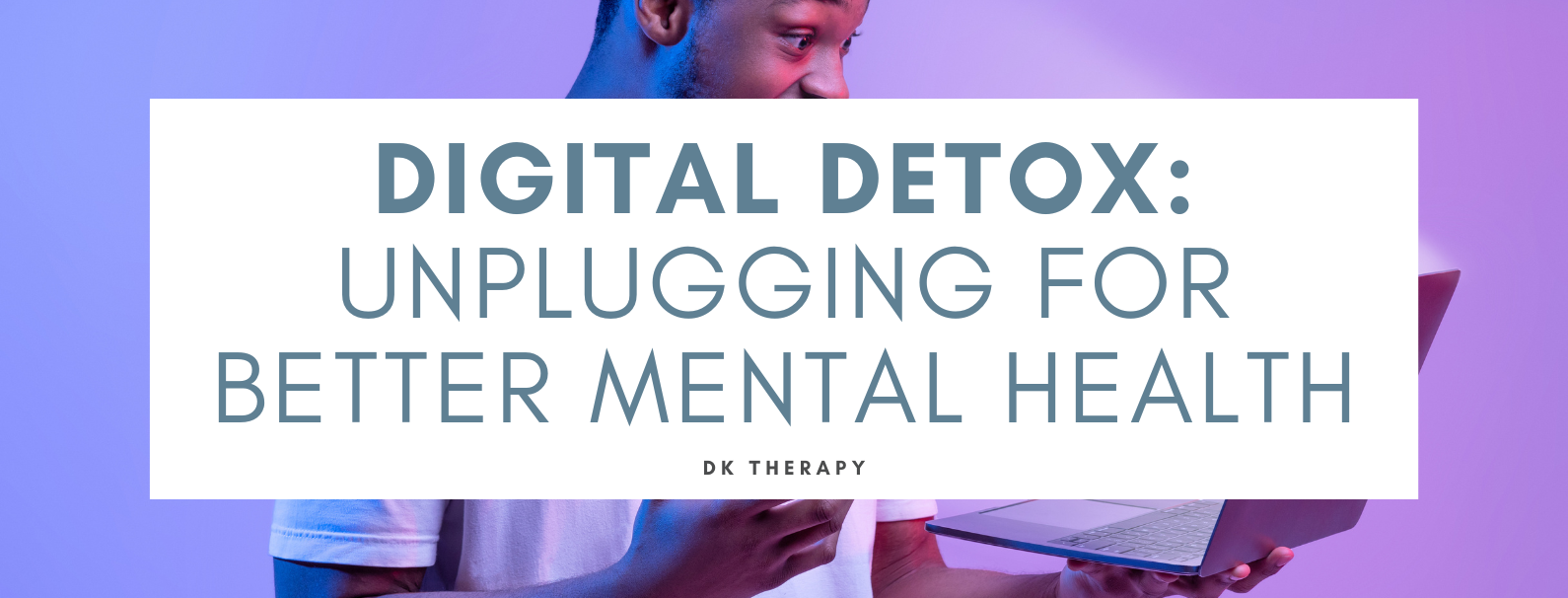
Smartphones and other electronic devices are all around us, and at times, they can be a useful or even necessary part of our lives. We use them for work, entertainment, and the provision of modern conveniences, but the digital landscape is not all good news. Too much of a good thing can become a cause for concern, namely, the amount of time we spend staring at screens.
Let’s take a look at how excessive screen time can affect our mental well-being.
Screen Time’s Impact on Mental Health
While using electronic devices isn’t inherently bad by any means, research shows that spending too much time looking at digital screens can weigh heavily on mental health. For one, excessive screen time can make it difficult to maintain a positive mood, which can lead to struggles with depression. In addition, even though electronic devices allow us to connect with others at the touch of a button, dependence on digital relationships can cause people to experience a heightened sense of loneliness and isolation.
Looking at a screen for multiple hours a day can also interfere with sleep quality. Reduced sleep duration and quality can lead to daytime sleepiness, irritability, and trouble concentrating on the day’s tasks. These effects can intensify depression and anxiety symptoms and make it harder to maintain focus and productivity during waking life.
Strategies to Manage Your Screen Time
Too much screen time can be a detriment to our mental health, but fortunately, these issues can be remedied by effectively managing the time we spend looking at screens. Here are a few simple strategies you can use to help limit your screen time.
Set Screen Limits
Mindfulness can go a long way when it comes to managing your screen time. By being aware of how much time you spend looking at a screen, you can more effectively take control of that time. Know your screen usage and set limits for yourself by either using a timer or the features on your phone. You don’t have to avoid screens completely, just make an active effort to spend less time on your devices.
Try Grayscale
Many smartphones come with a grayscale feature that takes the color out of everything on the screen. Looking at videos and images in black and white can make them less intriguing, which can help prevent you from endlessly scrolling through your chosen social media feed. This feature is especially beneficial when it’s getting close to bedtime, as it helps you detach yourself from your screen.
Create Tech-Free Zones
Have certain areas of your home where you don’t use anything with a screen. For example, if you’re eating in your kitchen or dining room, do so without looking at a screen. Instead, either talk to your household or practice quiet, mindful eating.
You might also choose to eliminate technology from accompanying you on trips to the restroom. On one hand, it’s more hygienic to leave your phone behind, and on the other, you’ll have a few minutes alone with your thoughts.
Take Up a New Hobby
Finally, to distract yourself from wanting to look at your screen so often throughout the day, try taking up a new hobby. Read a book, start painting, go for a walk, or try some mindfulness and relaxation techniques.
It’s perfectly okay to enjoy some time in front of a screen, but being aware of your screen usage and setting goals for yourself can help improve your mental health. Even if you work your way down an hour at a time, you’re taking steps to enhance your holistic well-being.
If you’re struggling and you’d like to try a therapeutic approach, we welcome you to contact us at DK Therapy and you can schedule an appointment to speak with one of our experienced counselors.





